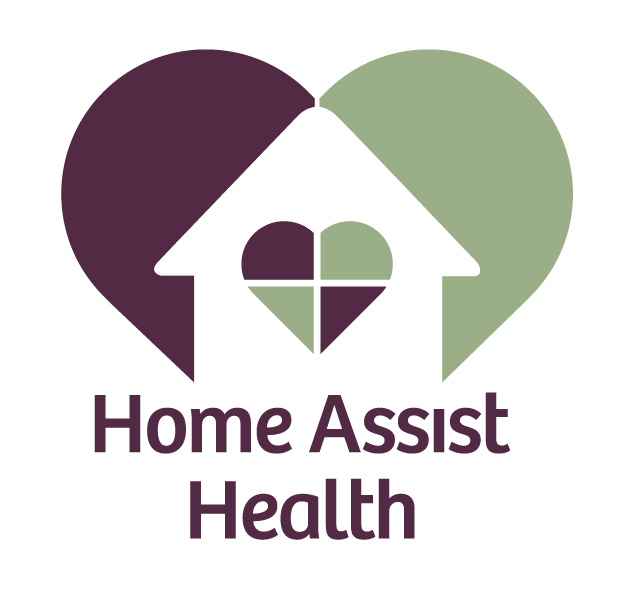 Good nutrition for your care receiver helps make care easier.
Good nutrition for your care receiver helps make care easier.
But don’t let this information overwhelm you. Start with just a few small adjustments to your diet. This will help make the natural effects of aging less stressful on the body.
Here is what happens to our bodies when we age:
As we get older, harmful molecules, including free radicals and glucose, attack the body’s cells and cause permanent damage to our organs, skin, bones and muscles. When we were young, our bodies could ward off such molecules or quickly repair the damage, but they become less capable as we age. Here are some of the ways this damages healthy body function.
Slower Metabolism—Learning to adjust to a slower metabolism is important; it can cause you to store more weight and burn fewer calories. Maintaining a healthy body weight is key to preventing type 2 diabetes and keeping the heart in good shape. A high body mass index (BMI) is also linked to hypertension, high cholesterol, heart disease and even some cancers, so weight maintenance is definitely something to prioritize.
Changes in Appetite —Aging adults experience a diminishment in appetite, sometimes due to natural hereditary factors and sometimes due to external factors, like certain medications, depression and some medical conditions.
Diabetes Risk Increases —Middle-aged and older adults are often at a high risk of developing type 2 diabetes, a condition that occurs when the body doesn’t use insulin properly. Of course, certain foods affect glucose levels in certain ways, and very high or very low levels can be dangerous. There are some things you can do to prevent developing type 2 diabetes with age.
Heart Disease Risk Increases —You often hear that heart disease is the leading cause of death in the U.S., but interestingly, the Centers for Disease Control and Prevention (CDC) says that 80 percent of deaths from coronary artery disease—a type of heart disease that causes the narrowing of the arteries—can be prevented. Diet is an important factor in heart disease prevention.
